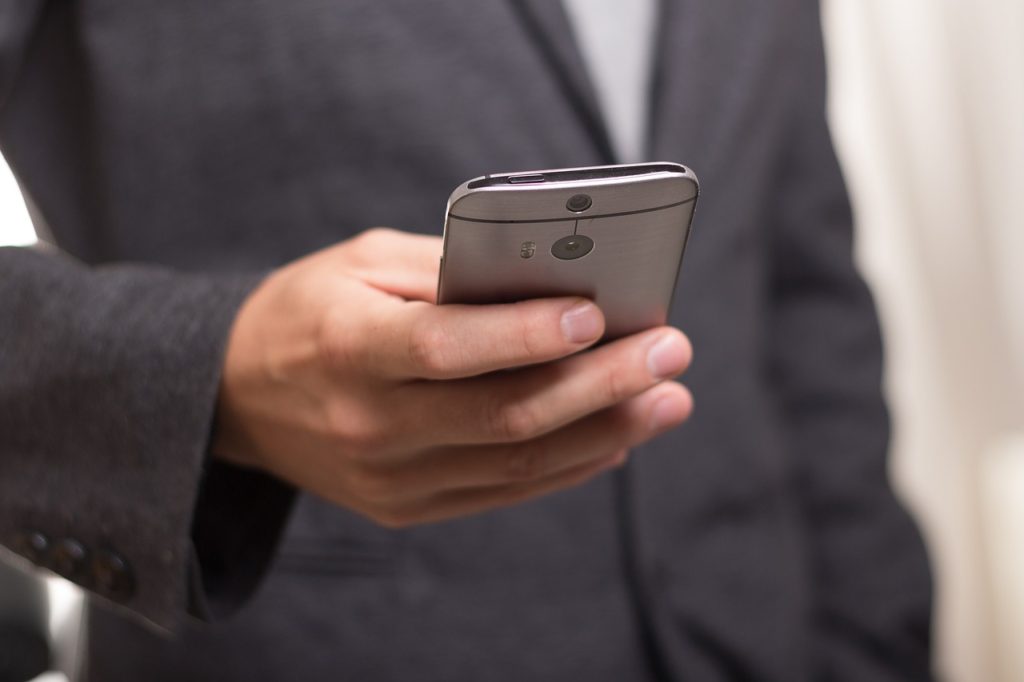All opinions are mine and mine alone.
Driving is great. It gives you a sense of freedom that you don’t usually get when you’re tied to using public transport systems. Of course, public transport is good for routine journeys, journeys where you want to work at the same time as getting from A to B and is much better for the environment. But at the end of the day, driving is ideal if you want to travel where you want, when you want. You’re not confined to public transport operating times. You can go from your door to your destination without having to be exposed to the elements. You can carry whatever luggage you can fit into your vehicle. You also don’t have to be in close contact to strangers, which is ideal during this pandemic. But, of course, if you’re going to drive on public roads, there are a few contacts you should have saved to your phone, just in case you need them! Here are some to add if you don’t already have them!

A Recovery Service
Hopefully, you don’t break down on the roads while you’re out and about. However, this is something that does unfortunately happen to people every so often. If you find that you’ve broken down, you’re going to want to be able to call someone who can come and recover you and your vehicle. All too many people rely on friends or family members to help them out in these situations, but it’s generally best that you avoid this. You never know when you might break down and you can’t assume that your chosen loved one will be nearby or available when you do. This means that you should always have the number of towing services at hand. They’ll be able to quickly get your car out of awkward or dangerous places. You may also want to take out breakdown cover. This will cover the costs of any recovery and the repair work that may need to be carried out to get your vehicle back on the road. This is a dedicated service, so you can be sure you’ll be seen as quickly as possible.
Your Insurance Provider
Next, let’s take a look at who you need to contact if you experience an incident or accident on the roads. Of course, your first move should be to stop, check that everyone’s okay and to call for medical assistance if required. However, once this is all resolved, you will need to contact your insurance provider to inform them about the incident and to provide details of what happened. These details could include time and date of the incident, location of the incident, the registration plates of the other vehicles involved, the names of individuals involved, the names of the registered owners of the vehicles and more. This will help to make sure that any repair work you might need carried out can be done.
These are just a few suggestions when it comes to the numbers you should have saved when you take to the roads. Hopefully, some will come in useful if you ever find yourself in need of them!



Speak Your Mind